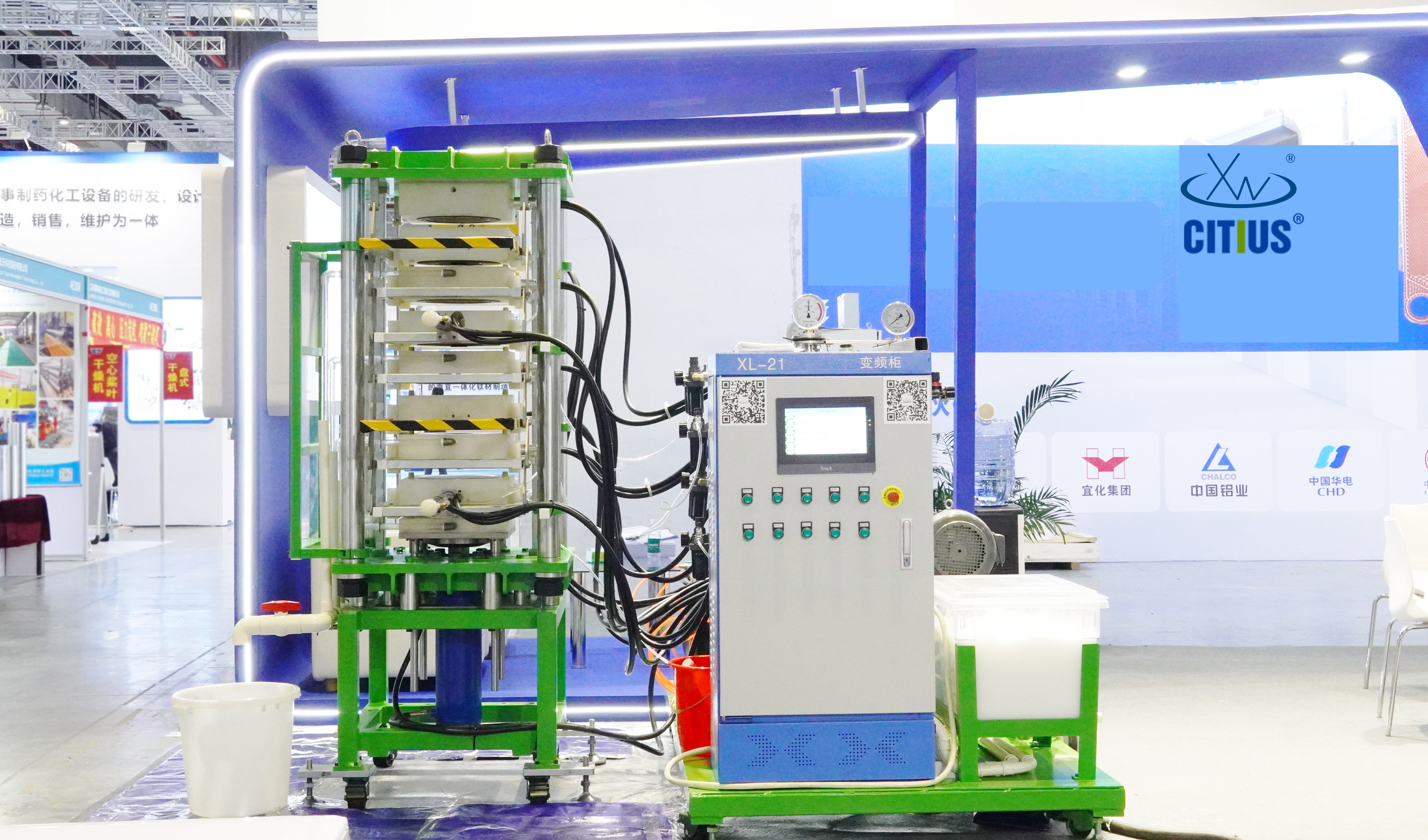Unveiling the Versatility of Filter Cloth: A Must-Have for Every Industry
Release time:
2025-07-04
Introduction to Filter Cloth
Hey there! Have you ever wondered how industries maintain cleanliness and efficiency? Enter Filter Cloth, a game-changer in filtration processes across various sectors. From water treatment plants to food processing, this unsung hero is pivotal in ensuring the highest product standards. Buckle up as we dive into the world of Filter Cloth!
What is Filter Cloth?
In layman's terms, Filter Cloth is a specialized fabric designed to separate solids from liquids or gases. It's usually made from synthetic materials like polyester or polypropylene, and it comes in a range of sizes, weights, and porosities. The beauty of Filter Cloth lies in its adaptability. Depending on the application, it can trap tiny particles while allowing fluids to flow freely.
Why Filter Cloth Is Essential
Wondering why Filter Cloth is so crucial? Well, let’s break it down:
- Efficiency: Using Filter Cloth can significantly boost the efficiency of filtration systems. It minimizes downtime, as it helps keep machinery running smoothly.
- Cost-Effective: Investing in quality Filter Cloth can save companies big bucks in the long run. By reducing waste and improving recycling processes, businesses can optimize their operations.
- Quality Assurance: In industries like food and beverage, maintaining product quality is paramount. Filter cloth ensures that unwanted particles don't taint the final product.
Applications of Filter Cloth
Alright, let’s get into the nitty-gritty! Filter cloth has a plethora of applications:
- Water Treatment: Filter cloth is extensively used in municipal water treatment facilities to ensure safe drinking water. It effectively removes contaminants, making water safe for consumption.
- Food Processing: In the food industry, Filter Cloth is employed to separate solids from liquids during the production of juices, oils, and sauces, ensuring a clean and pure final product.
- Mining and Minerals: The mining sector uses Filter Cloth for dewatering processes, which helps in recovering valuable minerals while reducing waste.
- Pharmaceuticals: Here, Filter Cloth plays a vital role in keeping the production environment sterile and free from contaminants.
Choosing the Right Filter Cloth
Now, here’s the kicker—selecting the right Filter Cloth is crucial for optimal performance. But how do you know which one to choose? Here are a few tips:
- Material: Consider the nature of your application. Different materials offer varying degrees of filtration and resistance to chemicals.
- Pore Size: The pore size dictates what particles can be filtered out. If your process involves tiny particles, opt for a cloth with a smaller pore size.
- Durability: Ensure that the Filter Cloth can withstand the conditions of your operation, including temperature and pressure.
Maintenance Tips for Filter Cloth
To get the most out of your Filter Cloth, regular maintenance is key. Here’s how to keep it in tip-top shape:
- Regular Cleaning: Depending on your application, cleaning the Filter Cloth should be part of your routine. A clean Filter Cloth works better and lasts longer.
- Inspection: Periodically inspect the cloth for wear and tear. Early detection can save you from costly replacements down the line.
- Replacement: Know when to say goodbye! If the Filter Cloth shows signs of severe damage, it’s time for a replacement.
Conclusion
To wrap it up, Filter Cloth is more than just a piece of fabric; it’s a cornerstone of efficiency and quality in various industries. Whether you’re in water treatment, food processing, or pharmaceuticals, investing in the right Filter Cloth is essential. So, next time you encounter a filtration system, you’ll know the unsung hero behind the scenes!

